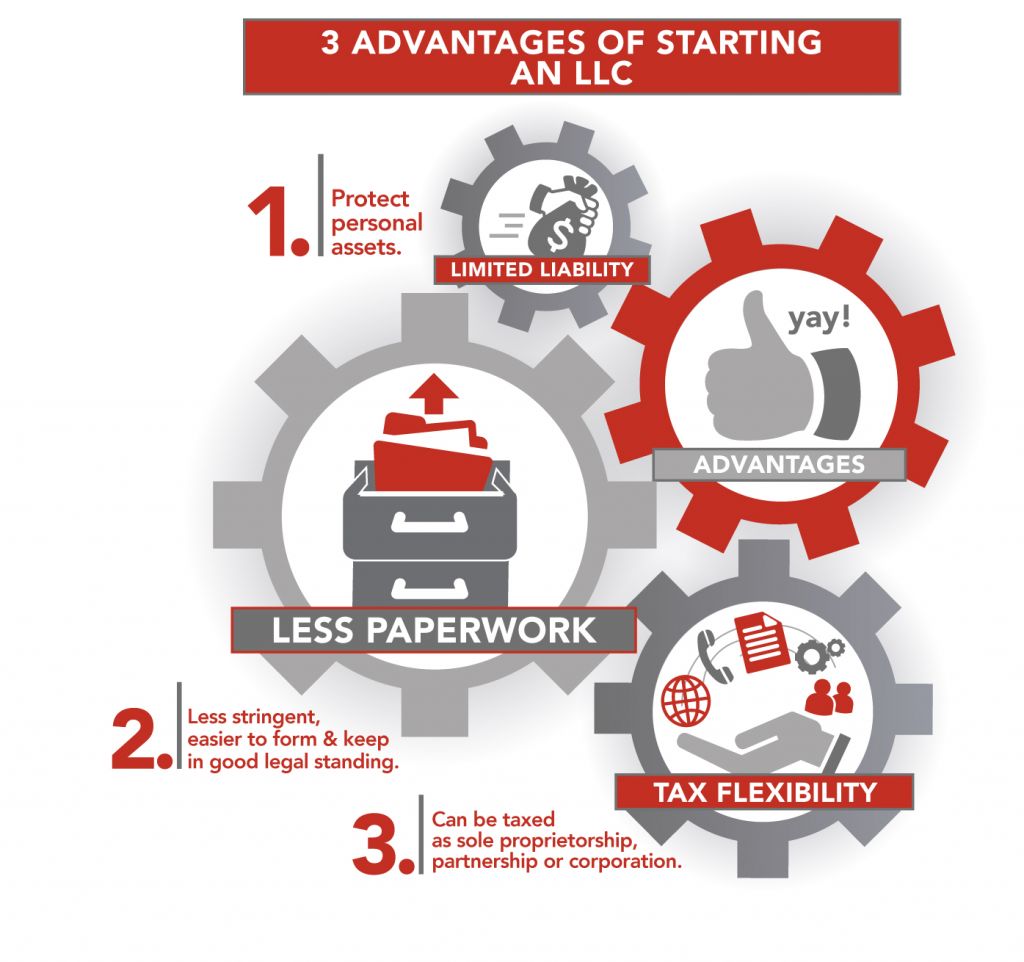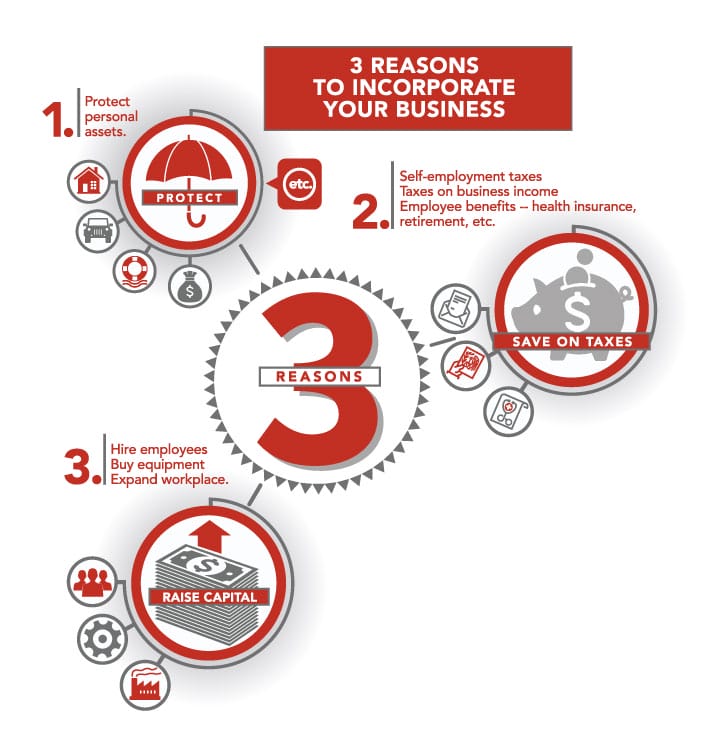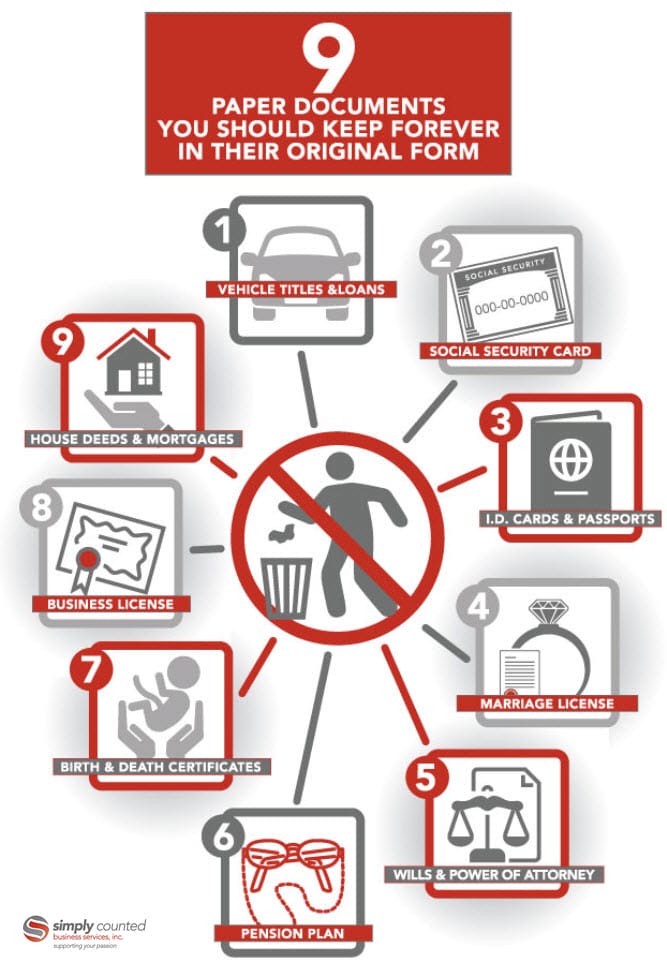
Health Reimbursement Agreements (HRAs) have been around since the 1970s, but are getting more attention due to the recent changes implemented by the Departments of Health and Human Services, Labor, and Treasury. On June 13, 2019, they issued a new rule beginning in 2020 that allows employees to use an HRA set up by their employer to pay for health insurance premiums, a perk that was not allowed under previous HRA rules.





